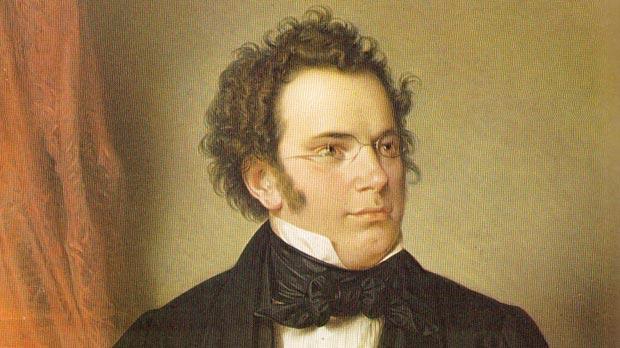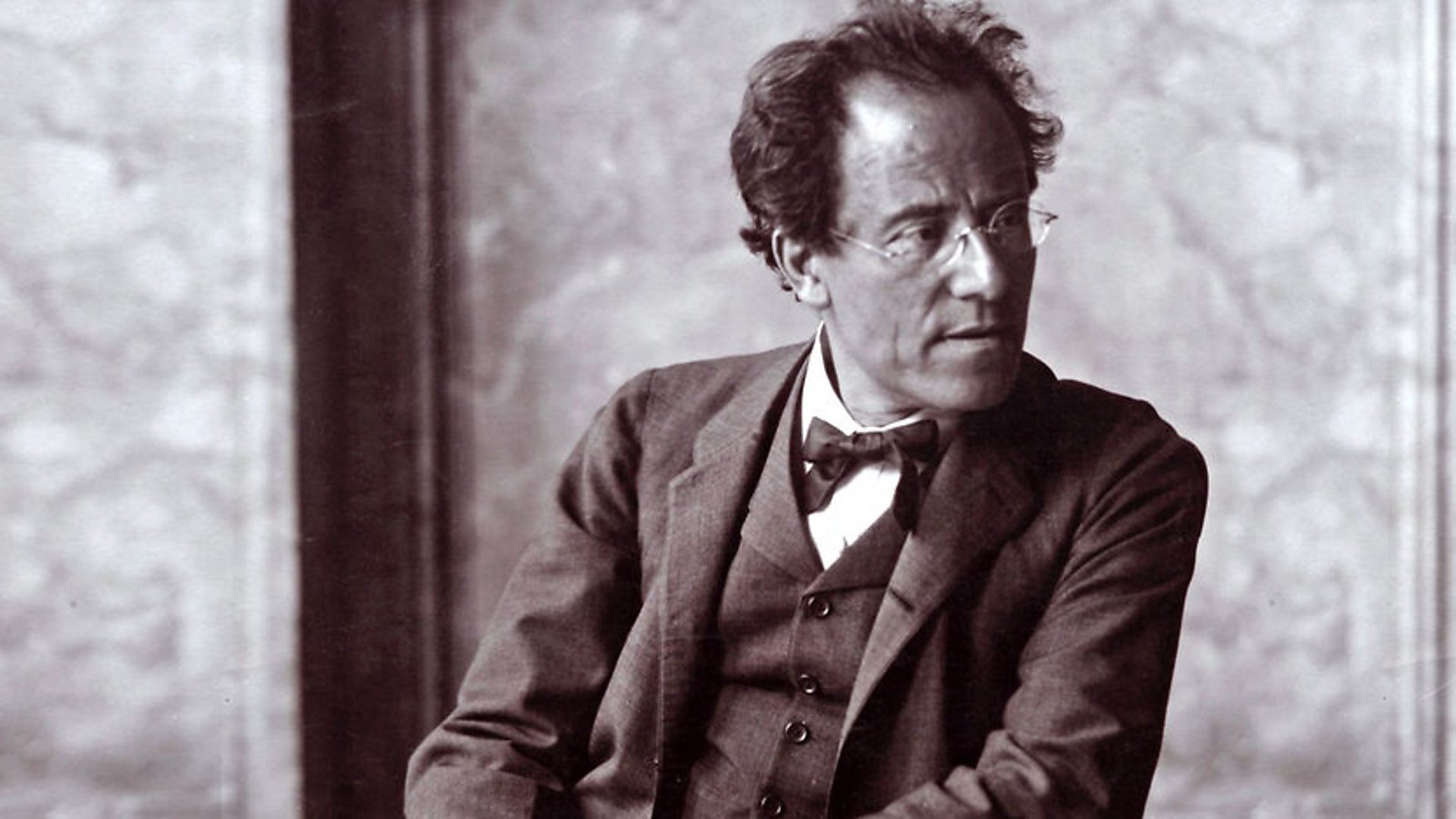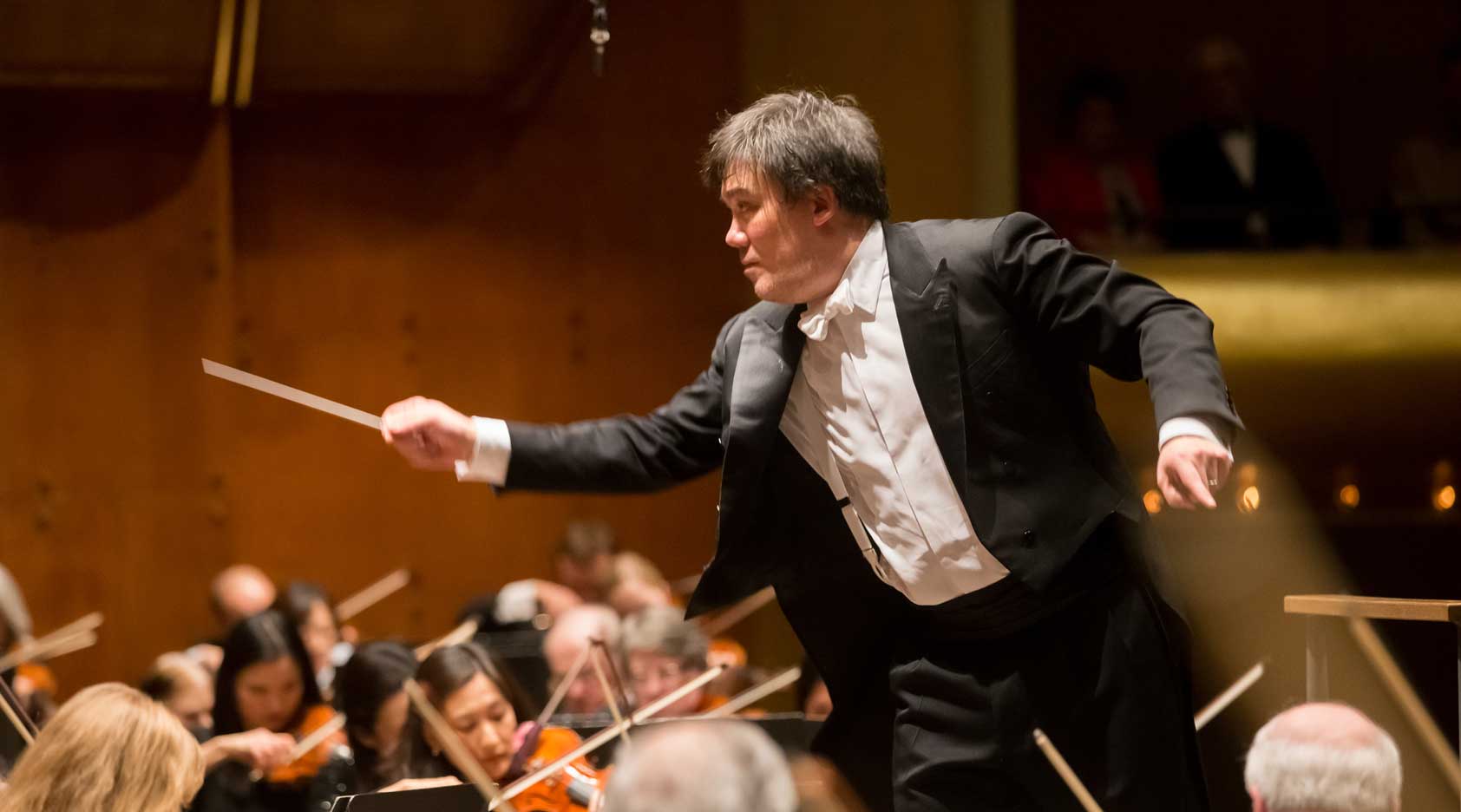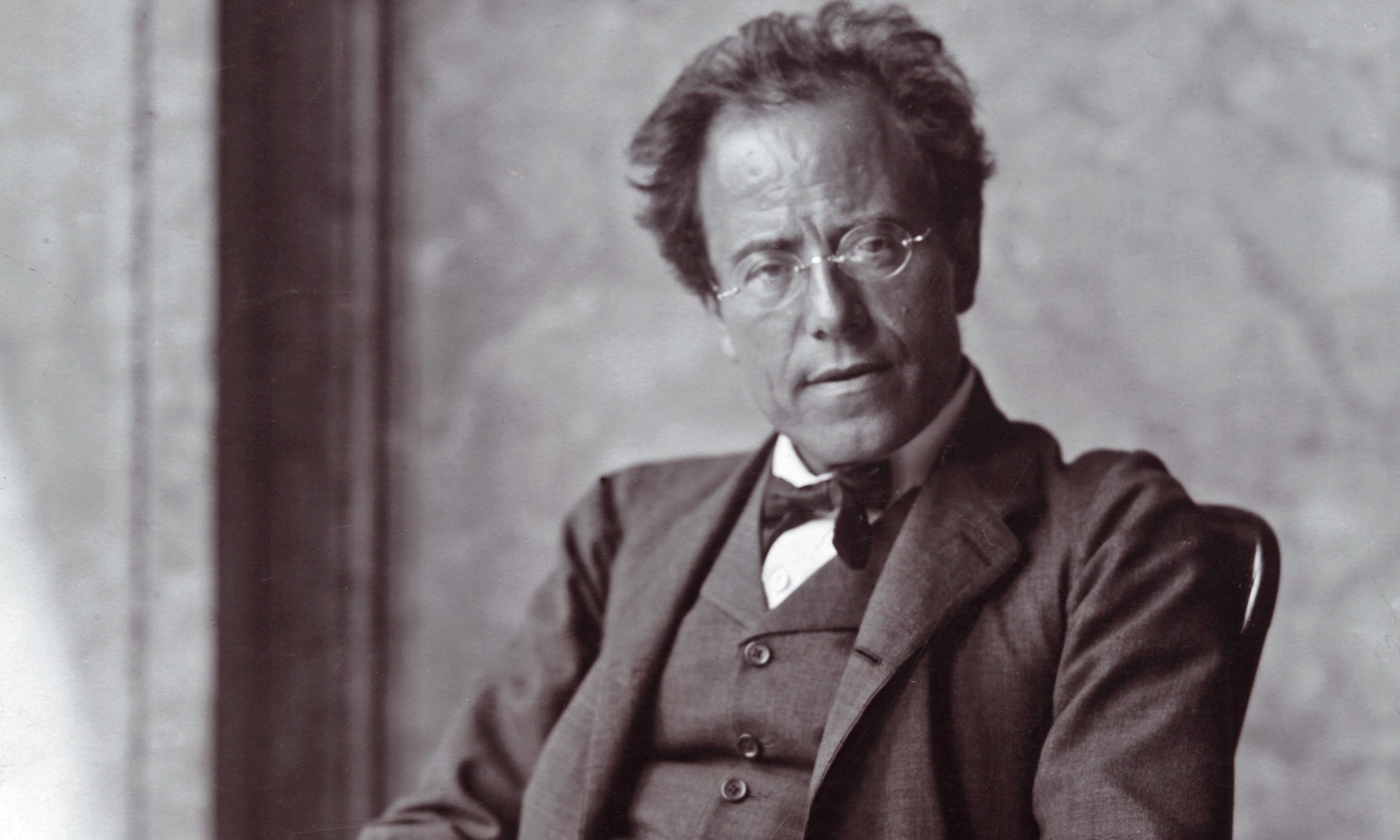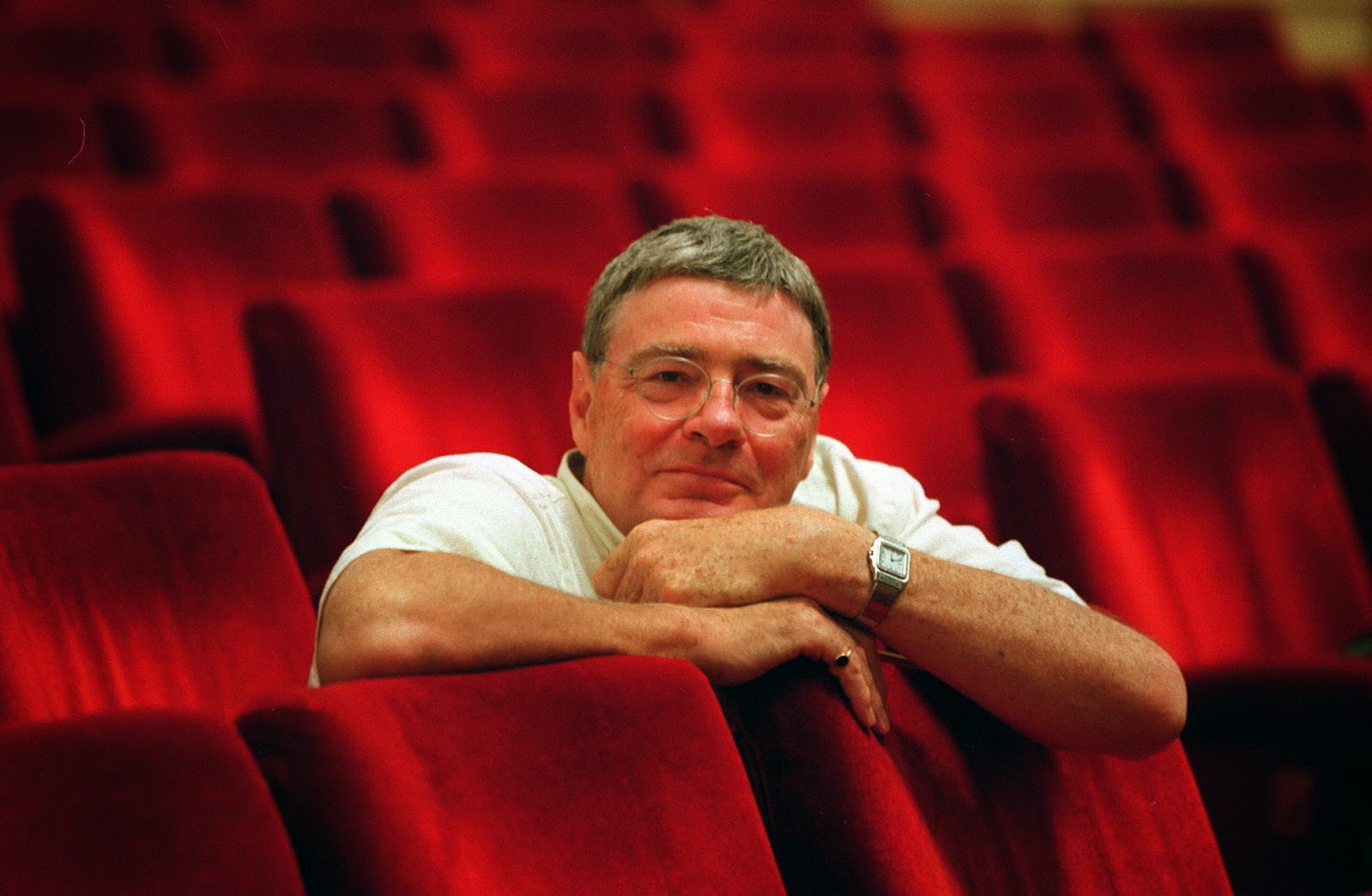Franz Berwald: The First Great Scandinavian Symphonist?
In Wednesday’s post, I made the assertion that Scandinavian composers, from Grieg and Nielsen to Sibelius, inhabited their own distinct sound world. They seem to have heard things in a different way, and their music often unfolds with a unique sense of flow and a distinct approach towards time. Perhaps it was a result of their relative isolation with fewer “mainstream” influences. Or perhaps it was the subconscious influence of the altered daylight …


